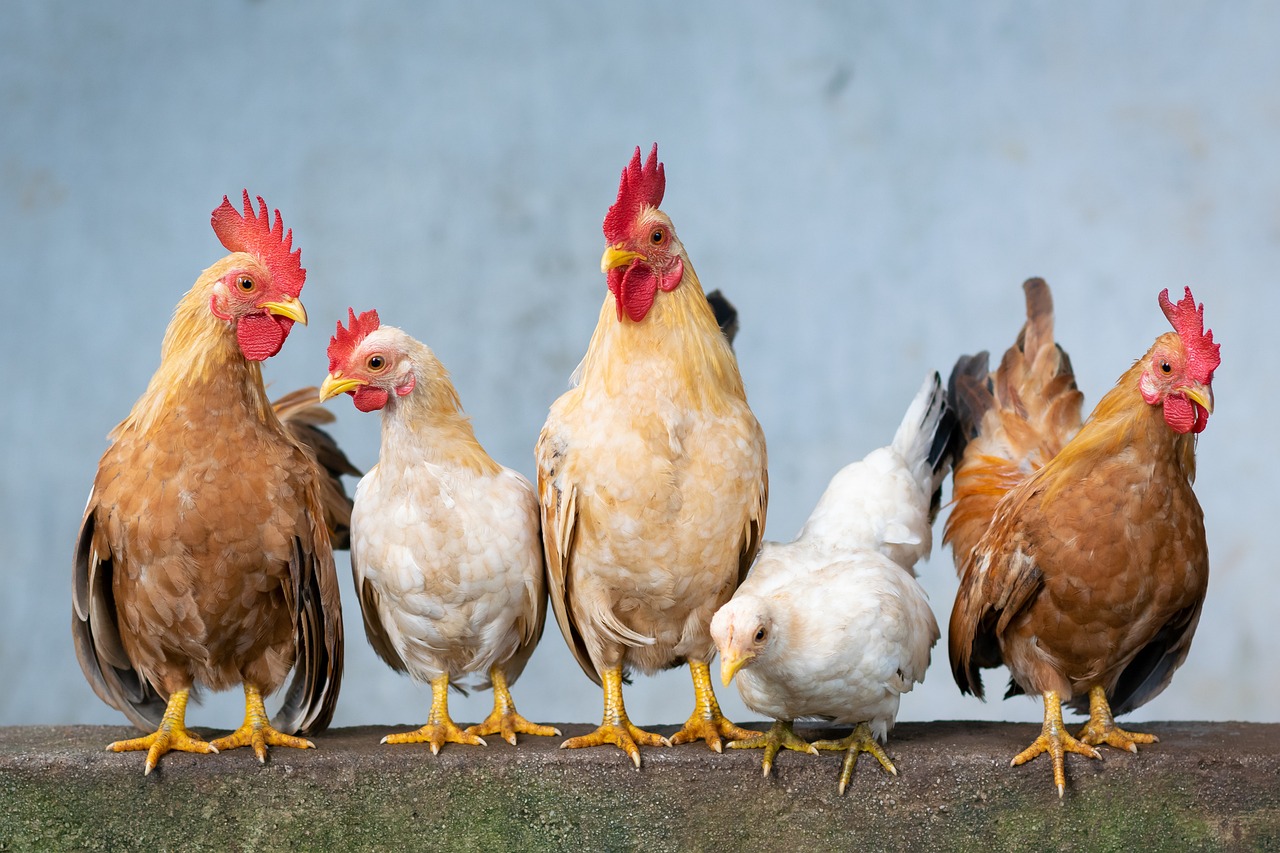Egg affordability seems to be fading dream as prices continue to climb across the United States, with experts cautioning that relief may not be imminent. The U.S. Department of Agriculture’s latest forecast indicates a 20% increase in egg prices throughout 2025, significantly exceeding the general food inflation rate of 2.2%.
Why Are Eggs So Expensive?
A combination of challenges has led to egg prices reaching $9 per carton in some areas, marking a 70% increase since December. The crisis stems from devastating avian flu outbreaks, which have affected over 136 million birds since January 2022, and persistent consumer demand for 20 consecutive months.
As stores nationwide implement purchase limits to manage dwindling supplies, consumers question if their breakfast staple will ever return to pre-crisis prices.
Q: How much have egg prices increased?
Egg prices have risen dramatically, with the average cost of a dozen Grade A eggs reaching $4.15 in December 2024, up from $2.15 in January 2024 – a 36.8% increase over the year. Some regions have seen prices climb to $6.30 per dozen in January 2025.
Q: What’s causing the price of eggs to increase?
An ongoing avian influenza outbreak has severely impacted egg-laying hen populations nationwide. Since the outbreak began, more than 135 million birds have been affected, with approximately 20 million egg-laying hens lost in the last quarter of 2024 alone.
Q: Why can’t farmers simply replace their flocks?
When avian flu is detected on a farm, all birds must be euthanized to contain the disease spread. Recovery typically takes up to five months before farmers can restart operations. Additionally, there’s currently no effective vaccine or medication to protect against the virus.

Q: Are free-range eggs safer from the virus?
Surprisingly, no. According to Professor Chad Hart, allowing chickens to roam freely actually increases their risk of contracting the virus, as it’s primarily spread through contact with wild bird droppings.
Q: Will the price of eggs ever return to normal?
Experts predict the situation may worsen before improving. The U.S. Department of Agriculture forecasts egg prices to increase by approximately 20% in 2025, significantly outpacing the general food price inflation rate of 2.2%. Supply chain expert Patrick Penfield suggests that prices will likely surpass the previous peak of $4.82 per dozen by mid-February 2025 or sooner.
Q: How are retailers responding?
Some grocers have implemented purchase limits on eggs to manage supply. Many stores are also shifting to local and regional egg suppliers, as national brands face supply constraints.
Q: What can consumers do to manage expensive egg costs?
Experts recommend:
- Avoiding excessive buying, which can create artificial shortages
- Considering egg alternatives or substitutes
- Shopping for local eggs, which may be more readily available
- Being prepared for continued price volatility throughout 2025
- Planning to celebrate Easter activities, like coloring eggs, with fewer eggs
Q: Is there any hope for price relief?
While the USDA projects some price relief by the end of 2025, with estimates suggesting prices could decrease to $2.35 per dozen in some regions, the ongoing nature of the avian flu outbreak and the lack of effective preventive measures suggest that elevated egg prices may persist for the foreseeable future.
The situation remains uncertain, but one thing is clear: inexpensive eggs may be a thing of the past, as the industry continues to address this persistent health crisis affecting poultry nationwide.
I’m a dog owner that loves poetry, vampires, mountain biking, and cosplay. I’m open to ideas and still trying to figure my SFO life out one blog post at a time. LF ISO SWF GSOH SI DDF.











 Google Invests an Additional $1 Billion in Anthropic, Bringing Total Investment to $3 Billion
Google Invests an Additional $1 Billion in Anthropic, Bringing Total Investment to $3 Billion